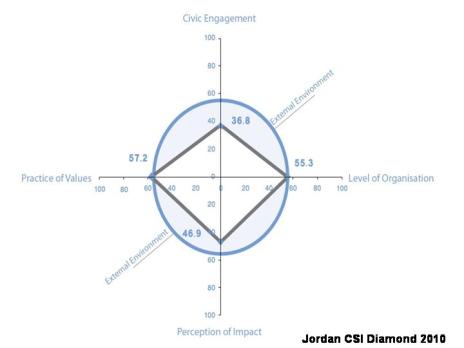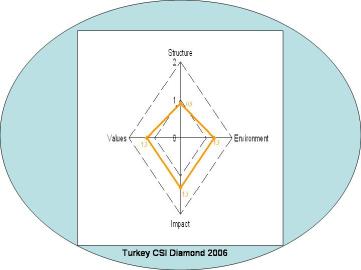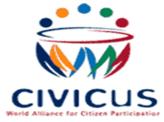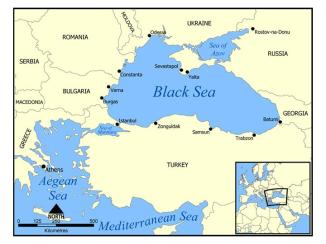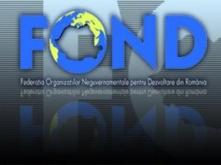As the 100 day anniversary of Philippines new president Benigno Aquino passes, Sixto Macaseat, the executive director of the nation’s biggest development organisation, is reluctant to sing his praise. Rowena McNaughton writes.
IN his campaign for presidency less than five months ago, Benigno Aquino declared that henceforth corruption would no longer plague the Philippine government. The stance proved wildly popular with ordinary Filipinos, and not just because it was being touted by the son of one of the most admired presidents in the nation’s history, President Corazon Aquino, who replaced the dictator, Ferdinand Marcos, when he was ousted by the People Power Revolution of 1986. Philippine society had long grown fatigued by their nation’s crumbling economy, growing inequality and rising poverty levels now set at a lofty 33 per cent. The presidential candidate’s promise of radical change seemed to augur a break from six years of corruption by the ruling Arroyo administration. Voters responded, and he won in a landslide.

The Philippine economy has certainly grown less grim during the reign of President Aquino, who last week celebrated 100 days in the top seat. His administration has attracted US$2.4 billion in fresh foreign investments and around 43,600 jobs have reportedly been created. The notoriously weak PSE (Philippine Stock Exchange) has morphed into being one of the best performing stock markets in Asia, and the nation’s international reserves are at a record high of US$52.3 billion. The government’s budget is now transparent. And importantly, the countries large civil society network feels a little less ignored than it was under the previous president.
But much of the movement is not occurring where the promises of change were made. The private armies remain, justice has not been provided for human rights abuses and military and police impunity has not been addressed. Since Aquino took office on 30 June, human rights organisations have reported the killings of three journalists and 16 leftists’ activists. There have been no convictions in the hundreds of politically motivated killings over the past decade in which security forces were implicated. Just three of the 19 recent killings have a suspect under investigation and there has been only one arrest.
Indeed, the poverty rate continues to climb, despite the rise in investment, as Sixto Macaseat, Executive Director of the Caucus of Development NGO Networks (CODE-NGO), the largest coalition of social development non-governmental organisations in the Philippines points out, This, he says, is because of the widening inequality gap.
Many support his scepticism: in a multi-layered performance review of president Aquino’s first 100 days, Amnesty international failed him in the area of human rights; Archbishop Oscar Cruz gave him a milk warm “C”; Alyansang Makabayan rated his tenure as disappointing and the National Union of Students of the Philippines said he had failed to live up to his promises.
Yet what has altered is, in many ways, behind the scenes. Macasaet attests that the new administration is “significantly” more transparent. Aquino has championed open dialogue between government and civil society organisations, for instance. But when it comes to reaching the targets of the Millennium Development Goals, Macasaet does not hold much confidence, stating that there is still no government strategy in place. “We have wasted so much time that we will have to do the work of 15 years in five years,” he says. “It’s not possible.” Maternal health, education and poverty remain key areas of concern.

A recent analysis on Aquino’s 100 days of presidency by Human Rights Watch argues that Aquino’s failure to decisively address ongoing human rights abuses jeopardises his stated commitment to justice. “Human Rights Watch urged Aquino to fulfil his campaign commitments to abolish private armies, provide justice for human rights abuses, and address impunity by the police and military. Aquino has yet to address these persistent problems with any long term measures,” the report concludes. “While Justice Secretary Leila de Lima has promised to create a “superbody” to investigate journalist killings, structural reforms to overcome police inaction rather than new ad hoc bodies are needed to investigate alleged political killings vigorously.”
On some specific promises, the report praises the change in dialogue but says it is still waiting for action: such as Aquino’s proposed 80 percent budget increase for witness protection program. Yet it notes with concern that, while Aquino has directed the security forces to take control of official parliamentary forces, properly train them, and ensure that all forces are insulated from political entities the old military regime remains. Aquino continues to defend the use of such forces, which often provide manpower for private armies and have a history of perpetrating rights abuses. As for tightening controls on weapon procurement by local government, there has been no change. The same goes for improving witness protection. Private armies still remain.
“Most of us want to believe he is genuine but it does still remain to be seen,” says Macaseat, who uses the term “democracy recession” to describe his homeland.
Sixto Macaseat is currently the Co-Chair of the Steering Committee of the Affinity Group of National Associations (AGNA).
